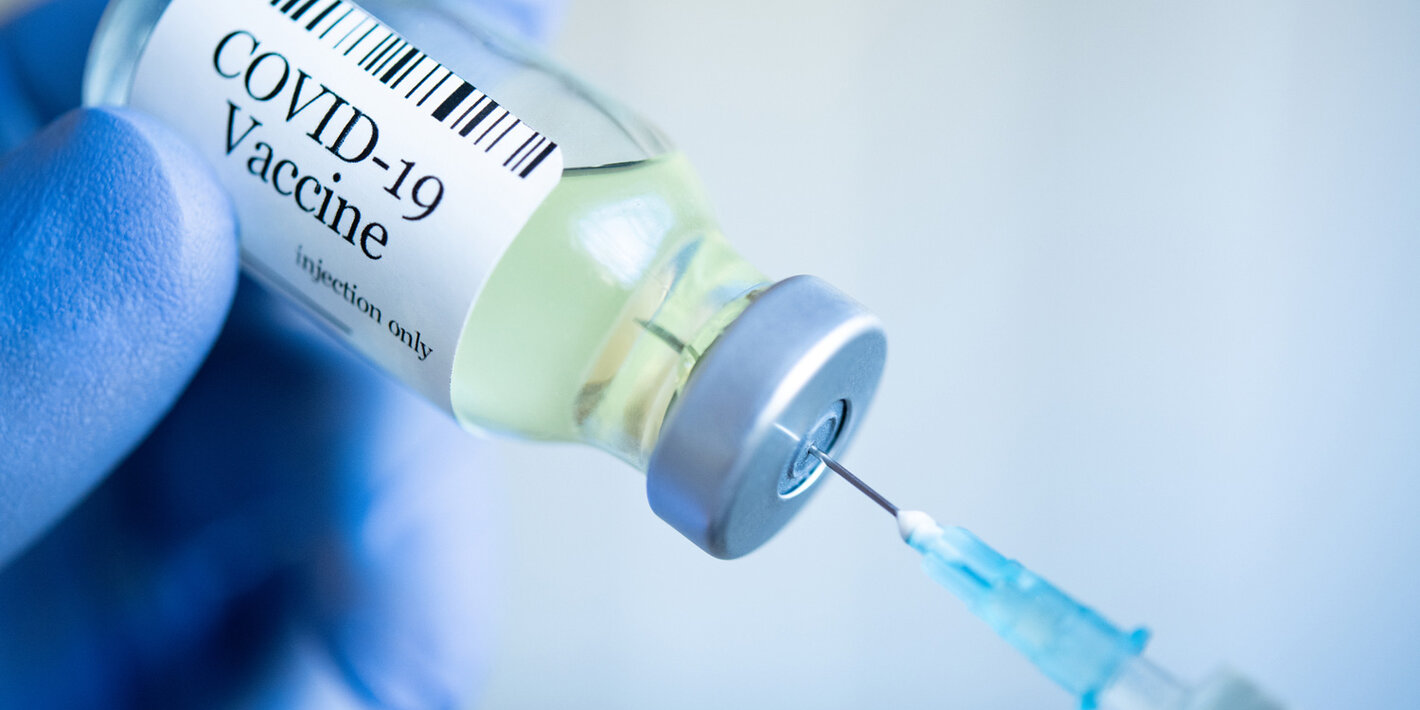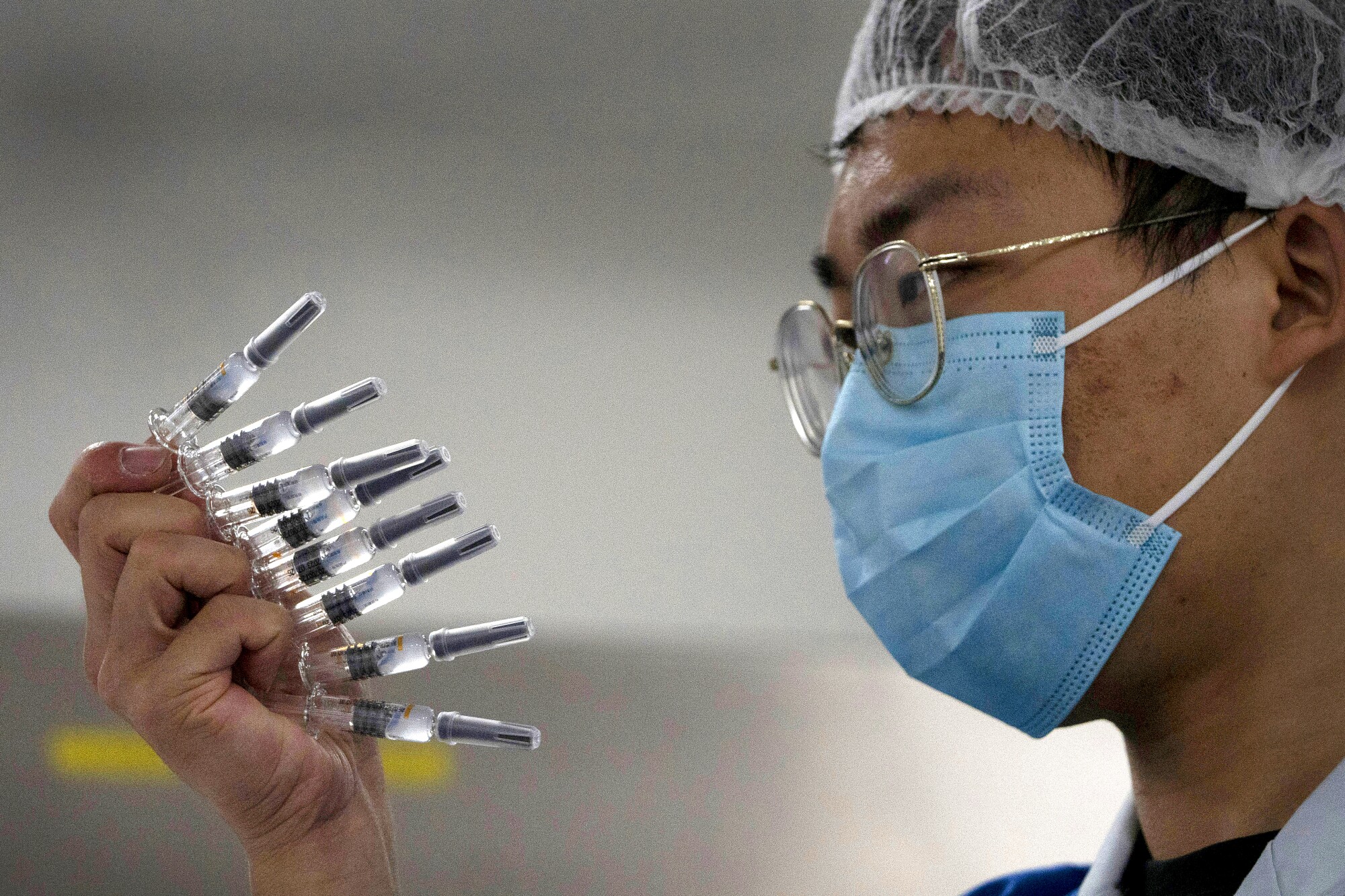
Although countries around the world continue to strengthen scientific research to develop reliable and safe coronavirus vaccines, the chief of the World Health Organization (WHO) Tedros Adhanom Ghebreyesus warned on Tuesday that they “cannot guarantee” that any vaccine currently in development would work against a deadly disease caused by the coronavirus.
Tedros noted that more candidates in testing would increase their chances, but he informed that there are at least 200 such potential vaccines at different stages of testing. However, he pointed out that the vaccine development history reveals that some will succeed and some will fail.
We cannot guarantee that any vaccine under development will work. The more candidates we test, the better our chances of obtaining a safe and effective vaccine, the head of the WHO said at a virtual press conference.
There are currently nearly 200 Covid-19 vaccines in clinical and preclinical testing. The history of vaccine development tells us that some will succeed and some will fail, Tedros added.
Here is what we need to pay attention to. We need to do more research and study until we get accurate data. Our purpose is not to panic people. We have to keep monitoring the circumstances.

People without symptoms may spread COVID easily
Researchers say that people with asymptomatic Covid-19 may be driving the spread of the virus.
Specialists say that those who are infected but have no signs (asymptomatic) have the same potential for spreading the virus as those with symptoms, including fever, new and persistent coughing, and loss of smell or change of taste.
The lead author of the study said that these findings support the use of masks/ face covering among the general public.
A team of researchers examined people who were at a community facility in South Korea that isolates patients with mild coronavirus. They assessed the patient’s symptoms and the amount of viral they were carrying-or the load of the virus in their nose and throat.
There were 213 cases without serious symptoms. Of these, 19% were asymptomatic. Researchers found that the viral load of asymptomatic people is comparable to that of symptomatic patients.
Their research reached the following conclusions:
Asymptomatic individuals are common among people infected with SARS-CoV-2, but compared with symptomatic patients, their viral load is comparable and must be harbored, so it may become an important driving force for the spread of Covid-19 in the community.
Lead author Professor Sung-Han Kim said in the linked podcast that these findings prove that asymptomatic individuals are contributing to the continued community spread of Covid-19.
 The viral load between asymptomatic individuals and symptomatic patients is similar. This suggests that asymptomatic individuals with Sars-CoV-2 infection have the same potential for spreading the virus as symptomatic patients.
The viral load between asymptomatic individuals and symptomatic patients is similar. This suggests that asymptomatic individuals with Sars-CoV-2 infection have the same potential for spreading the virus as symptomatic patients.
Our data add further support for the widespread use of face masks, regardless of whether there are symptoms or not, and it is recommended to expand the scope of SARS-CoV-2 testing to include asymptomatic individuals in high-risk environments, such as medical facilities or nursing homes.
51% of promised CORONAVIRUS vaccine doses acquired
With the increasing competition for potential COVID-19 vaccine doses, a recent report by the international anti-poverty nonprofit organization (Oxfam) revealed earlier that wealthy countries including the United States and the United Kingdom account for only 13% of the world’s population has received 51% of the promised dose of the coronavirus vaccine candidates.
Before the ministers of health and finance of the G20 countries met to discuss the coronavirus epidemic, the non-profit organization had already alerted on this situation under an agreement struck between the affluent nations and the five major vaccine candidates that are currently in the last stage of clinical experiments/trials according to the data collected by a life science intelligence company Airfinity. The situation actually raised the alarm.
Moreover, it was discovered that most companies do not have the ability to produce enough coronavirus vaccines for all people who need the same.





